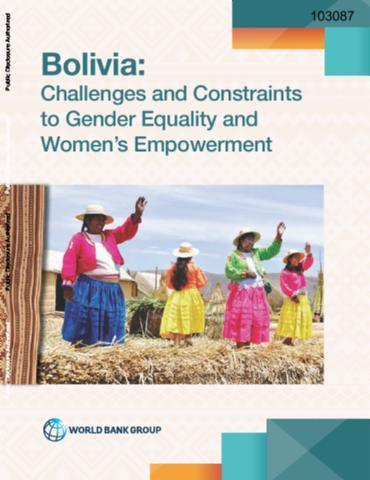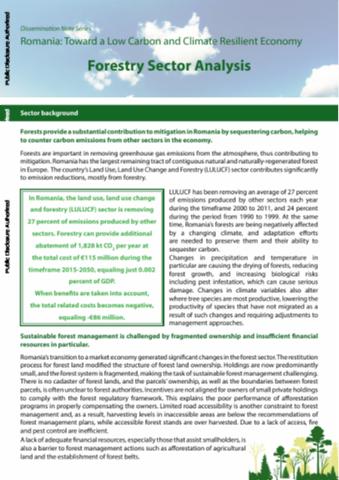Community’s forest dependency and its effects towards the forest resources and wildlife abundances in Sarawak, Malaysia
Forests play an important role in the community’s livelihood, and this role has created an important relationship or mutual dependence between the forest and the community. Therefore, this study was conducted to identify the types of community’s forest dependency and to identify the effects of community’s forest dependency towards forest resources and wildlife abundance. The data were collected using the self-administered questionnaire, involving 204 community members in Bau District, Sarawak.





